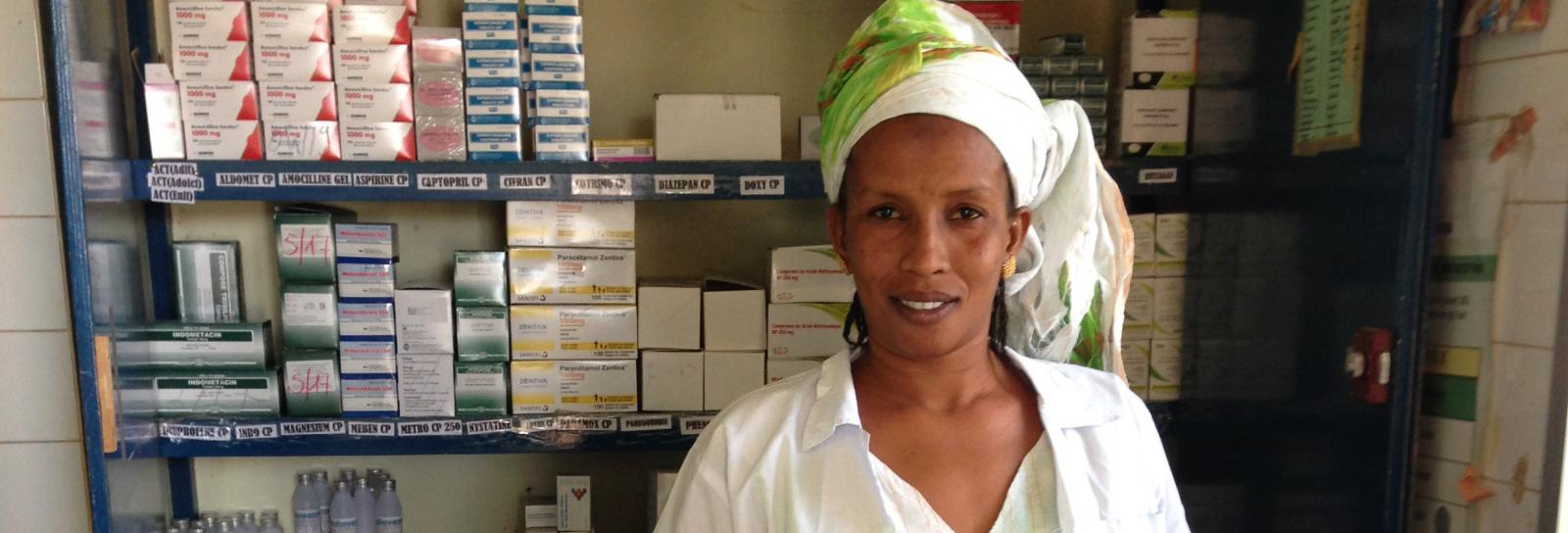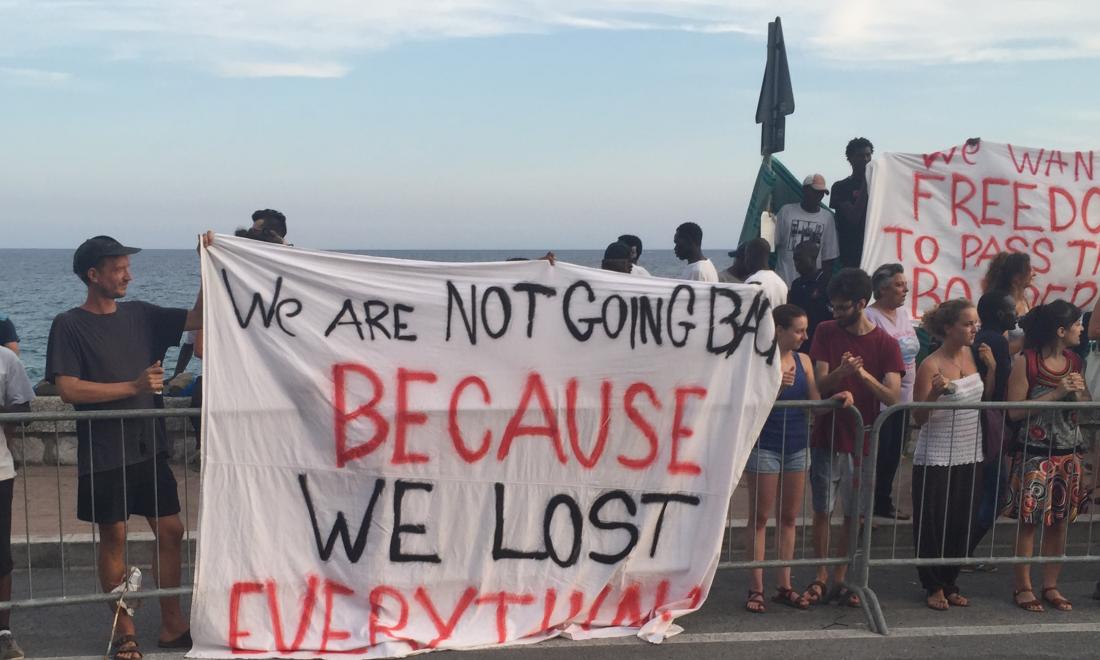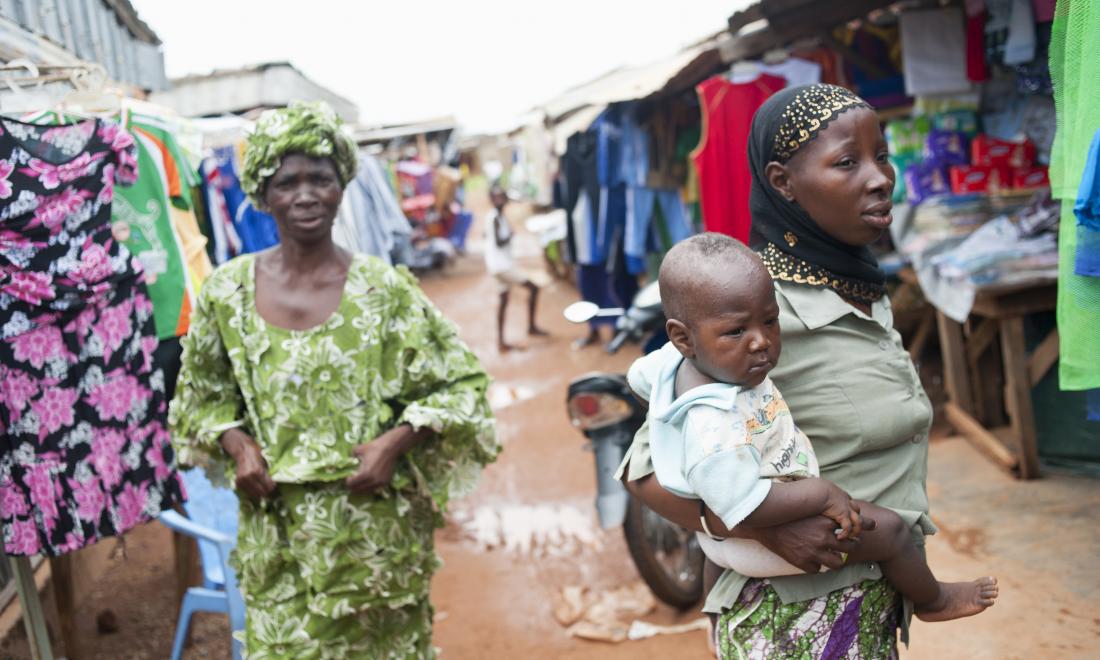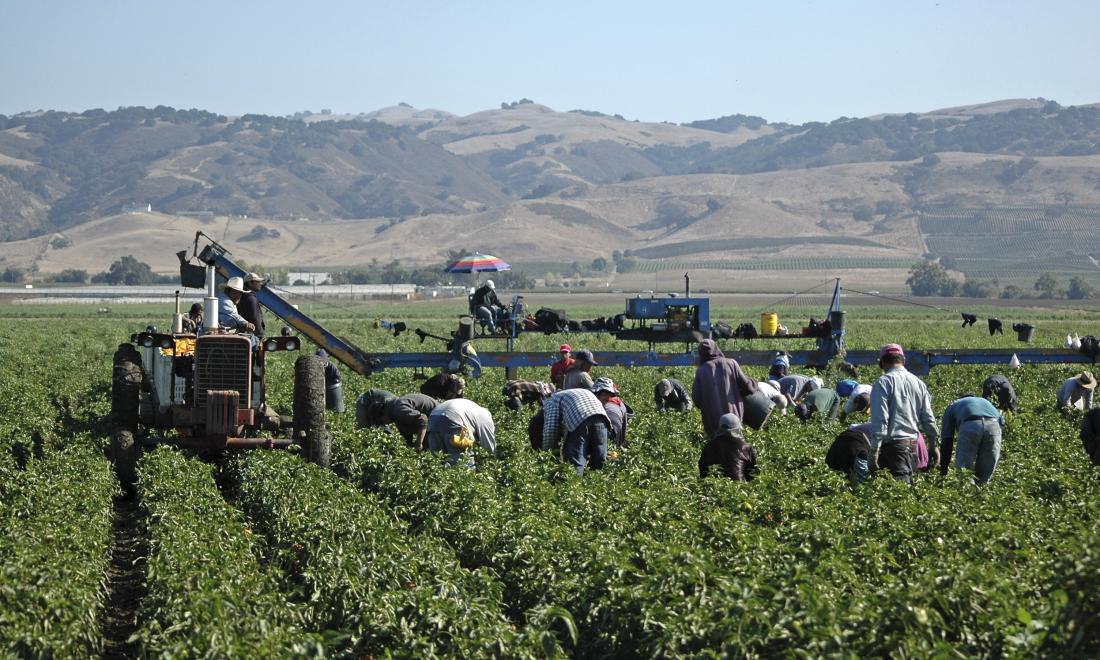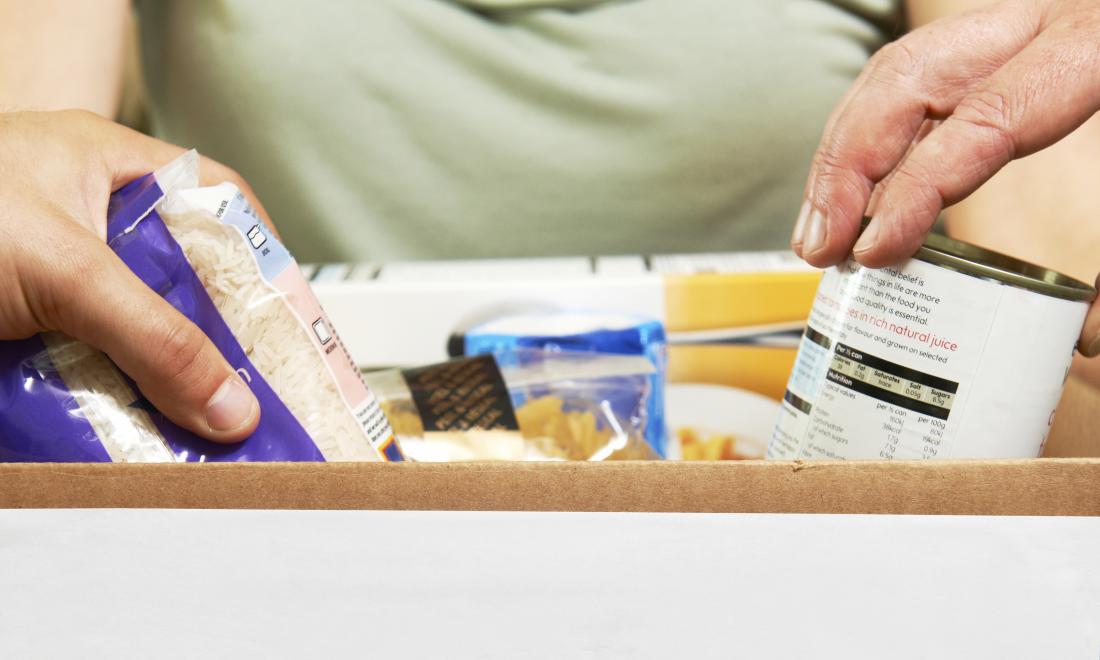Sveta Milusheva (Economics) was an NICHD fellow in 2015-2016. She studies the spread of disease using cell phone data and the links between migration and oil prices. After graduating in 2017, she took a position as an economist in Development Economics Research Group at the World Bank. Here she describes her fellowship year.
I used the support from the fellowship in order to work on two different research projects. I have been working on a project focused on using cell phone data to help develop policies that can mitigate the negative externality of travel on spread of disease. I have also been working on a different project in Bangladesh, studying the use of survey weights as well as analyzing the link between migration and oil prices.
The fellowship provided me with the time to develop several different projects, which gave me the opportunity to present my work at several conferences throughout the year, including PAA and NEUDC.
The main thing the fellowship has allowed me to do is focus exclusively on research, and it has given me time to develop multiple research projects at the same time, which would not be possible if I also had TA responsibilities. Specifically, I was able to travel to Senegal multiple times during the school year in order to foster relationships with collaborators in Senegal, seek out additional data necessary for my research, and conduct some qualitative work in order to better understand the context of my research. This would not have been possible of I had teaching duties that required me to be on campus every week. In addition, I had a little bit of time to take intensive French classes, which have helped me with my work in West Africa, and have made me more effective in my field work. Without the fellowship, it would have been very difficult to do most of this, and my research would have taken much longer.
One of the projects I have worked on is a collaboration with my adviser, Andrew Foster. It is a project focused on sampling weights based on data from Bangladesh, and we are working to finalize it this year.
The fellowship has advanced my research and career by giving me a chance to work on multiple projects at the same time, and in this way develop a portfolio of research rather than only having the time to focus on a single paper. This has both helped me develop different skills, as the projects require different types of quantitative and software skills, and also helped me figure out which areas of research I am most interested in. Both of these will be helpful on the job market, along with the ability to show that I have a longer term research agenda involving multiple projects.
A takeaway from the experience as a PSTC fellow is the importance of taking advantage of the peer and mentor network available at the PSTC because my research has grown tremendously from the advice and comments I have received from other trainees and professors, whether formally during a seminar or informally sitting in the grad cluster.
Start working on research as early as possible, whether your own research or RA work for a professor. The earlier you start learning about the research process, the more time you will have to make mistakes and learn from them, which will be critical as you embark on the dissertation.
